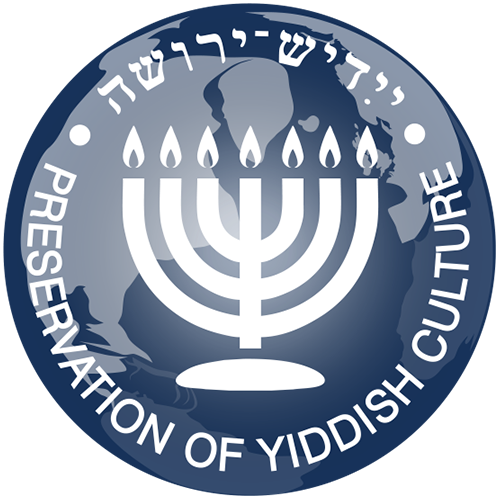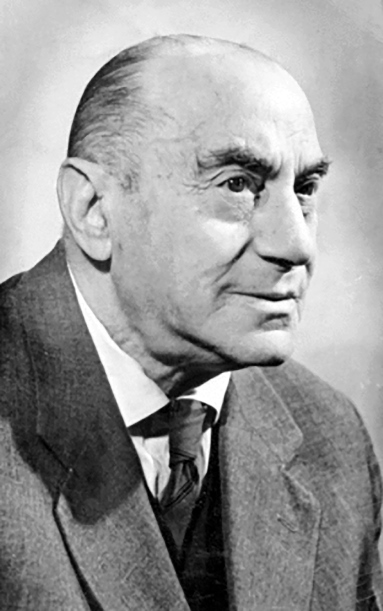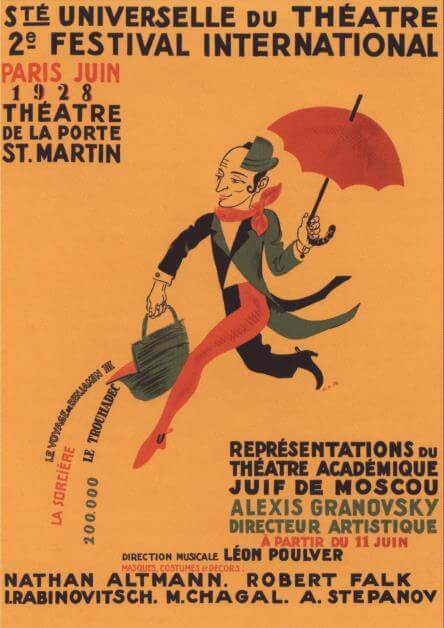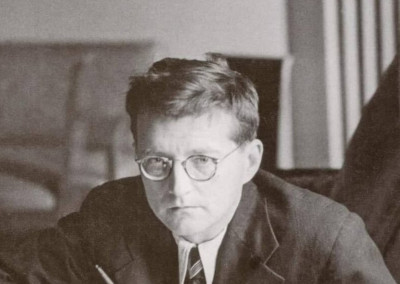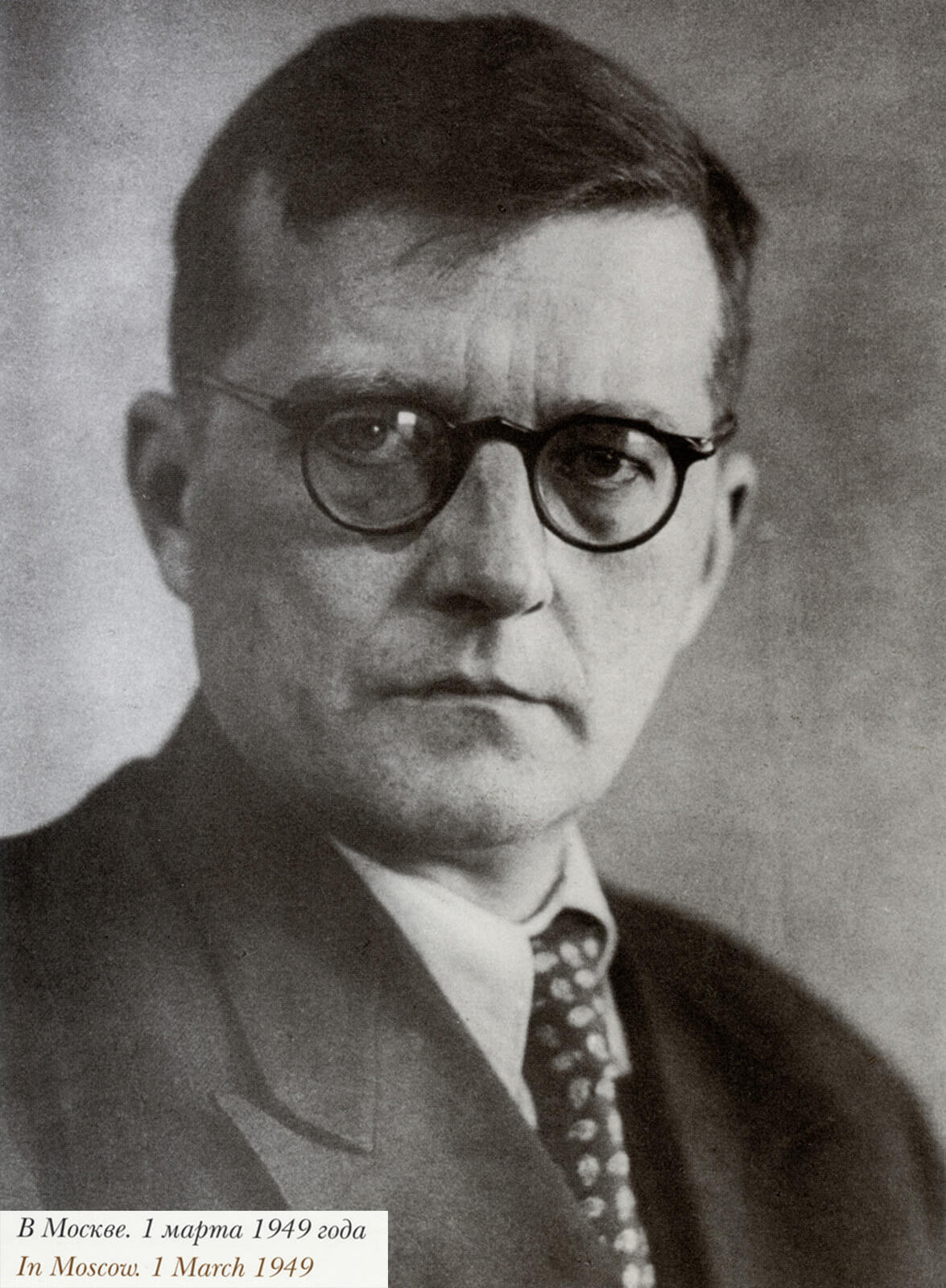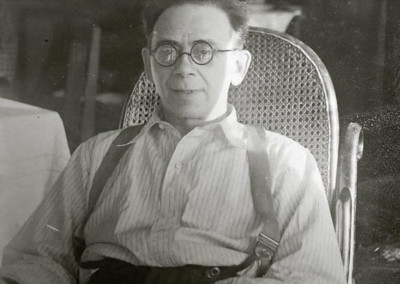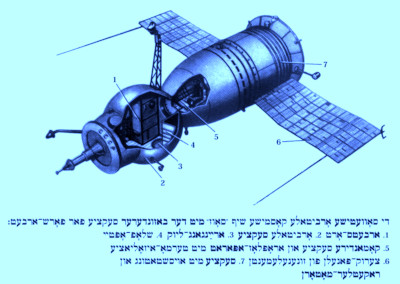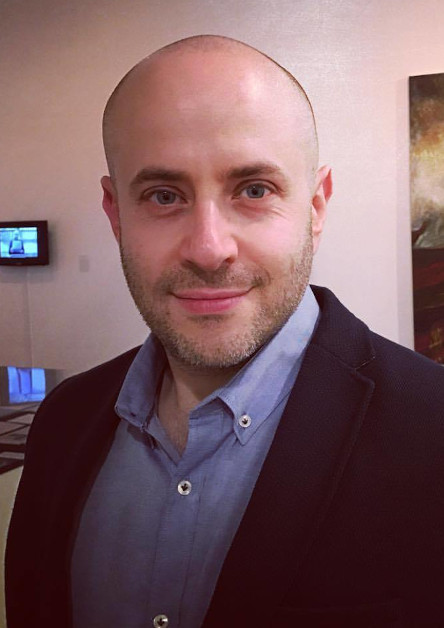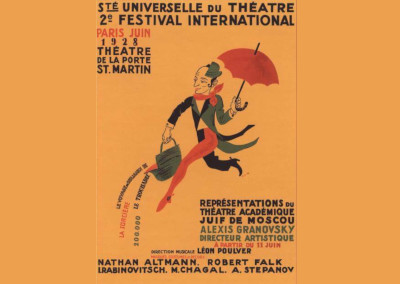
Lev Pulver: GOSET’s Main Composer
Lev (Leib) Pulver
Catalog
The Big Winner (200,000)
Wandering Stars
Bar Kokhba
Uprising
One of the most outstanding phenomena in the 20th century Yiddish culture was The Moscow State Jewish Theatre, known by its acronym GOSET. Its history began in 1920 and ended in 1949. Despite some errors and inaccuracies, the entry on The Moscow State Jewish Theatre in the English Wikipedia provides a fairly detailed description of the theatre’s activity. Sadly, the corresponding article in the Russian Wikipedia is pathetically short.
Both Wiki articles contain basic information on the founders of the theater, as well as on those whose talents made GOSET shine for almost 30 years as the leading Yiddish theater in Europe. One obvious person to mention is the founder of the theatre: Alexey Granowsky (whose the real name was Avrom Azarkh); then, of course, the director and actor Solomon (Shloyme) Mikhoels (real surname Vovsi), and the brilliant actor Benjamin (Binyomin) Zuskin. The Russian article also mentions outstanding painters, including Marc Chagall, Isaac Rabinovich, Robert Falk, and Alexander Tyshler. Their unique sense of creativity made the performances of the Moscow State Jewish Theatre astonishingly vivid. The stage design at the theater was one of the highest achievements of scenery artists of that time.
However, not a word is said in the Russian Wikipedia about one major figure of the Moscow State Jewish Theatre, without whom its productions could not be imagined: the composer Lev (Leib) Pulver (1883-1970). The English entry does mention him among a long list of other GOSET artists merely as one of the theater’s composers.
The Russian Wikipedia article on Pulver tells us that he created music for 42 plays of the Moscow State Jewish Theatre and for a number of films, but most of Pulver’s works were never published, and the location of his manuscripts remains unknown.
Lev Pulver received an excellent education. In 1908, he graduated from the St. Petersburg Conservatory as both a violinist and a composer. During the first years of his career, he successfully performed as a violin and viola player. He also was a great singer and a soloist at the orchestra of the Bolshoi Theatre, as well as a member of the once famous Moscow Stradivarius Quartet. His career took a major turn when in 1922 he took the position of composer, conductor and head of the musical section of the Moscow State Jewish Theatre.
It is utterly unfair that Pulver’s name is only briefly mentioned or completely omitted in popular articles about the Moscow State Jewish Theatre, since almost every production of this theater was essentially a musical performance.
Another crucial point should not be omitted: when a theatrical play is not captured on film, all its acting, scenery, dramaturgical techniques remain only in the memory of its viewers and critics who necessarily reflect their own views. There are no complete records of the Moscow State Jewish Theatre performances. Only the surviving music gives them eternal life.
As for Lev Pulver’s musical heritage, until recently it was believed to have been lost for the most part, except for a few fragments of his compositions for the play Uriel Acosta and some other small compositions that are now kept in Israel and little known even to musicians.
The recent discovery of more than 60 (!) of Pulver’s full scores made for the Moscow State Jewish Theatre performances was an incredibly sensational lucky finding. In a way, this discovery is a musical chronicle of the very life of the great Yiddish theater.
For the time being, all this heritage still remains in archives. The sound of Lev Pulver’s vast musical heritage is yet to be rediscovered.
